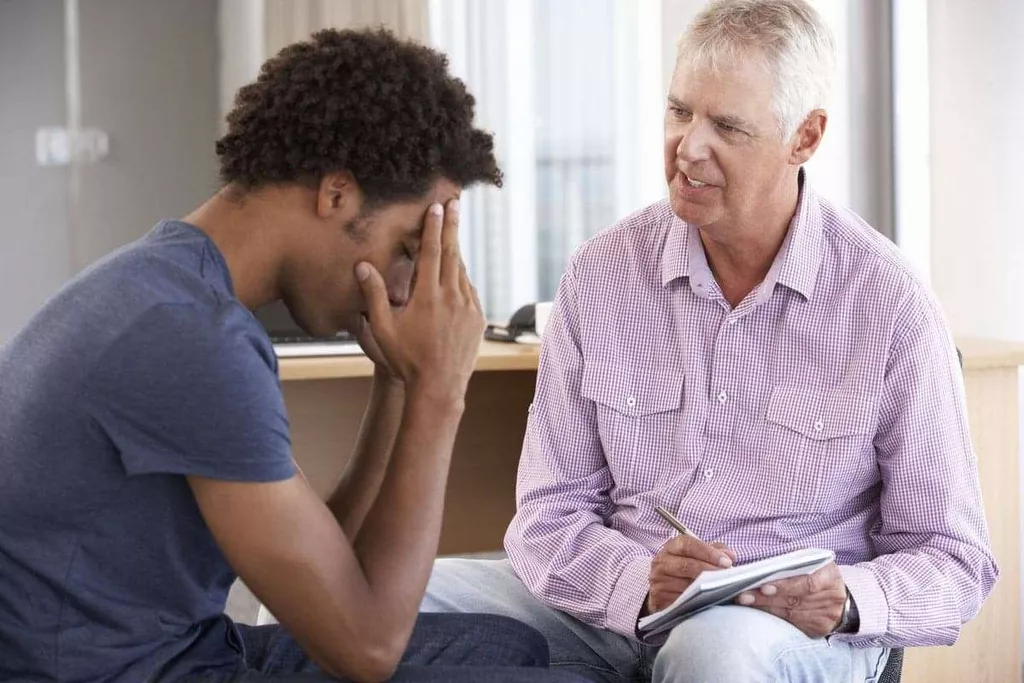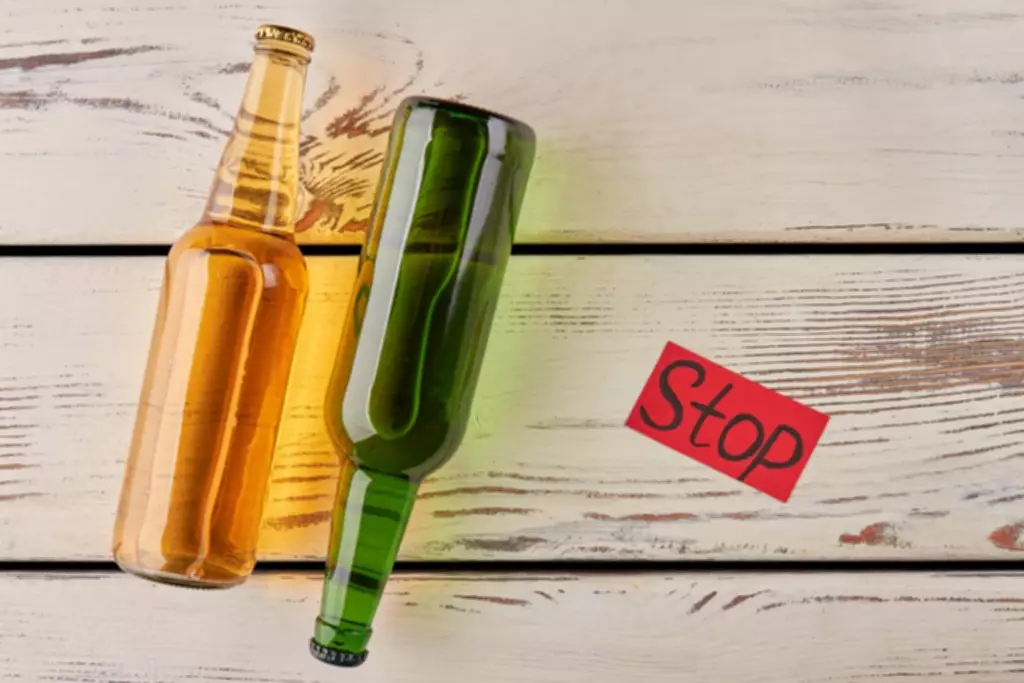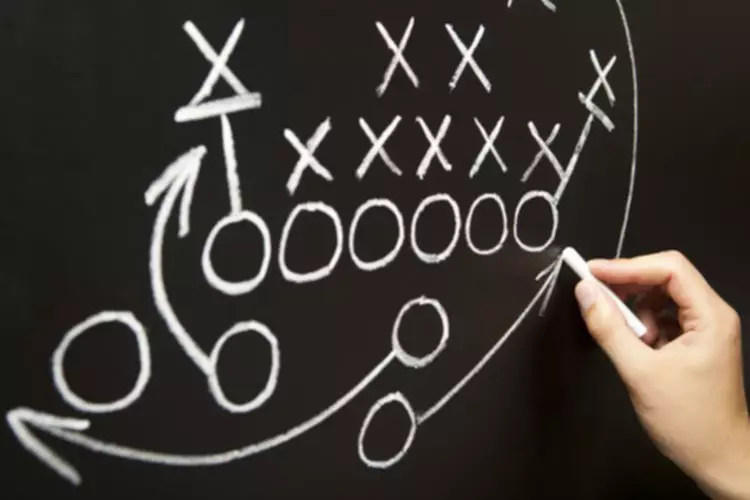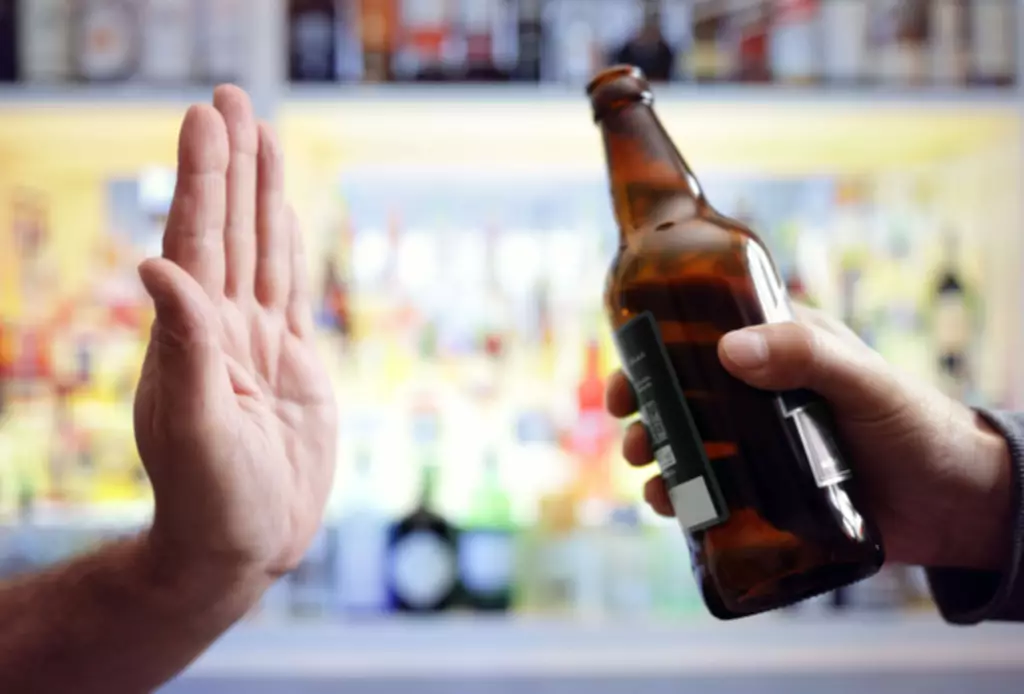Alcohol Dehydrates You Stay Hydrated Always

Crucial for life, water helps maintain body temperature, remove waste, and lubricate joints. Despite its essential role, our body’s water balance can be easily upset, particularly by the consumption of alcohol. A diuretic is a type of substance that helps the kidneys remove salt and water from the body primarily through urination. This is why many people might feel the need to use the restroom often when they’re drinking. Excessive urination without water coming into the body to replace the fluids lost leads to dehydration.

Electrolyte Powder with 1000 mg of Potassium with Magnesium

According to a small study in 11 men, consuming beer with a 5% alcohol content after exercise increased urine output significantly more than consuming a sports drink did (10). For example, exercising while drinking can lead to greater dehydration due to increased sweating. Similarly, taking certain medications, such as diuretics or antihistamines, can exacerbate alcohol’s dehydrating effects. Eating food before or during drinking can help slow down the absorption of alcohol into the bloodstream, which can reduce its dehydrating effects. Additionally, foods with high water content, such as fruits and vegetables, can help counteract the dehydrating effects of alcohol. Alcohol consumption, especially when excessive, can lead to several long-term health complications.
Q4. What are the risks associated with dehydration caused by drinking alcohol?
It impairs their ability to conserve water, leading to dehydration, and increases urine production, further exacerbating fluid loss. This disruption can have far-reaching consequences for our overall health and well-being. Drinking beer, a glass of wine, or other types of alcohol introduces a substance into the body that causes certain reactions. Therefore, alcohol induced dehydration can occur when drinking alcohol without having a glass of water–or more, depending on how much alcohol you’re drinking. Alcohol dehydrates us through its diuretic effect and contributes to fluid loss through sweating or vomiting. Extreme dehydration for a long period of time can be extremely damaging to our body and can even be fatal.
Dark Urine
- Specifically, alcohol can lower levels of potassium and magnesium, two important electrolytes.
- Lowered inhibitions when drinking alcohol can lead to impulsive behavior—engaging in behaviors without considering the potential consequences of your actions.
- Alcohol-induced dehydration doesn’t have different signs than normal dehydration.
- We recently launched our in-app chatbot, Melody, powered by the world’s most powerful AI technology.
Alcohol consumption causes dehydration by increasing the production of urine and decreasing the body’s ability to conserve water. When you drink alcohol, it is absorbed into your bloodstream and acts as a diuretic, causing you to urinate more frequently. This increased urine production can lead to a loss of fluids, electrolytes, and minerals. In addition, alcohol inhibits the release of the hormone vasopressin, which helps your body to retain water. As a result, you become dehydrated and experience increased thirst, fatigue, and headaches. Alcohol is classified as a diuretic, which means it promotes increased urine production.

Can You Get a UTI From Not Drinking Enough Water?

However, it’s important to remember that alcohol has many detrimental health effects and inhibits fat burning, greatly opposing the metabolic benefits of a high-fat diet. While ethanol doesn’t contain carbohydrates and technically won’t impact your blood glucose levels, alcohol still affects ketone production. Yes, drinking alcohol affects your metabolism and can Sober living house potentially kick you out of ketosis.
- But beyond the type of alcohol you’re imbibing, you might not realize how much dehydration enters into the hangover equation.
- They have the important task of filtering out waste and ensuring that the right amount of water is kept in the body.
- Sometimes, even with the best intentions, we wake up feeling less than stellar after a night out.
- This makes sense when you consider the diuretic effect of alcohol on your body and its vasopressin production.
- Alcohol stimulates the bladder, leading to more frequent urination.
- So, if you have any questions or concerns, just remember that we’re here today.
There are two main reasons that drinking alcohol can lead to dehydration. The first reason is that drinking alcohol can lower your appetite, making you less likely to eat and drink water. Many people might feel their thirst is quenched by drinking alcohol, even when it’s not helping hydrate their bodies. Sometimes, even with the best intentions, we wake up feeling less than stellar after a night out. While preventing a hangover is ideal, knowing how to bounce back is essential.
- Alcohol can lead to dehydration, but why does alcohol dehydrate you?
- Even though wine contains some amount of water no matter what, wine indeed dehydrates you to a certain extent if you drink it without matching each serving with a glass of water in turn.
- Our body relies on a delicate balance of fluids to function optimally.
- The amount of water present in beer is not good enough to keep you hydrated.
Drink An Electrolyte Solution Or Sports Drink
In turn, this can affect various bodily processes, including metabolism, muscle contractions, and nutrient transport. Electrolytes play a crucial role in maintaining proper fluid balance in the body. They are minerals that carry an electric charge and include sodium, potassium, calcium, and magnesium. Alcohol consumption can lead to the depletion of these essential electrolytes.
But have you ever wondered why you feel so thirsty after a night of drinking? According to the Society does wine dehydrate you for Endocrinology, ADH is produced and released by the pituitary gland. It’s the reason why you can usually sleep through the night without having to urinate.

